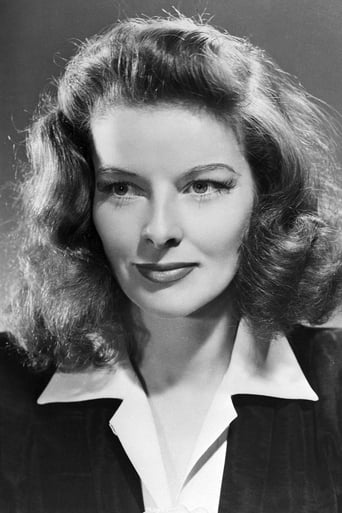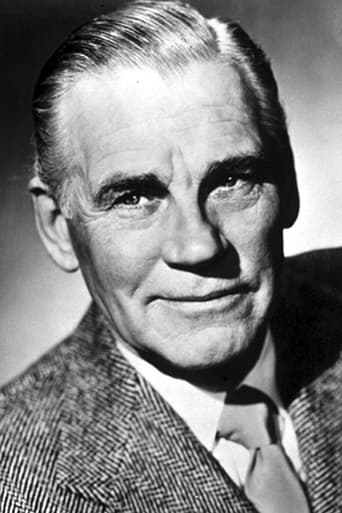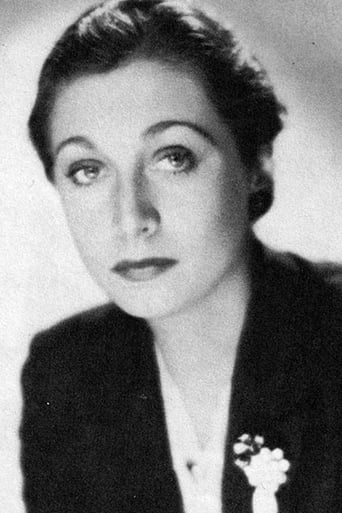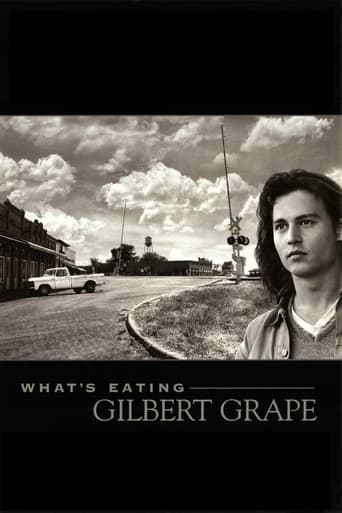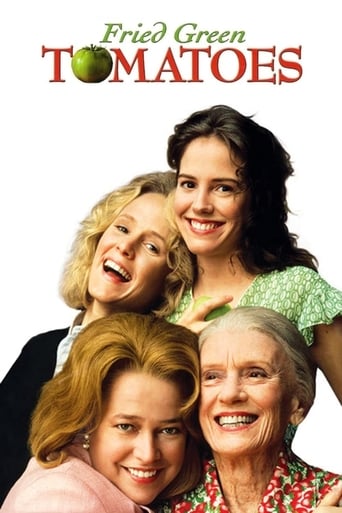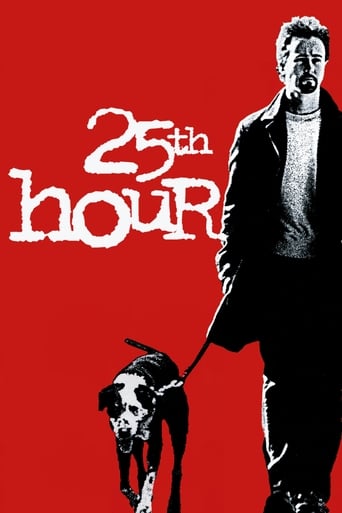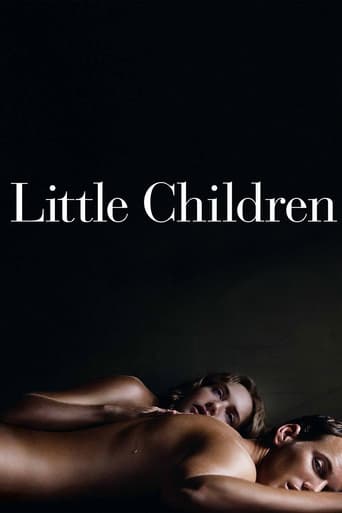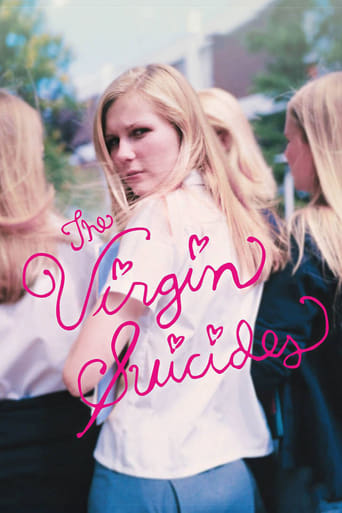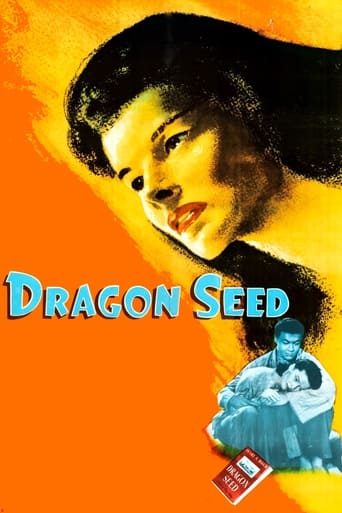
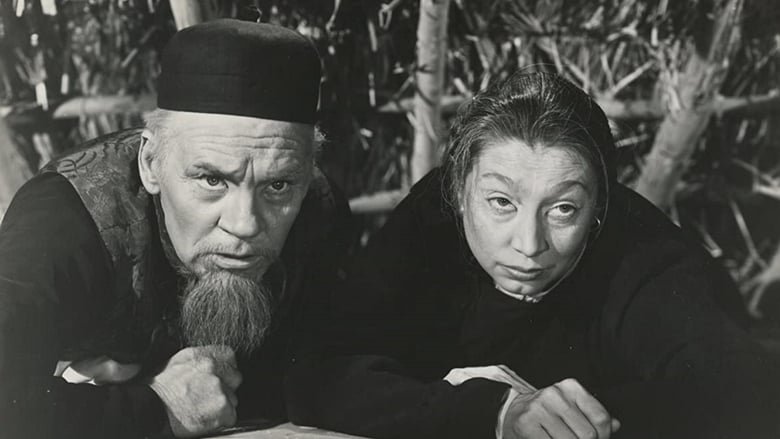
Dragon Seed (1944)
The lives of a small Chinese village are turned Upside down when the Japanese invade it. An heroic young Chinese woman leads her fellow villagers in an uprising against Japanese Invaders.
Watch Trailer
Cast
Similar titles
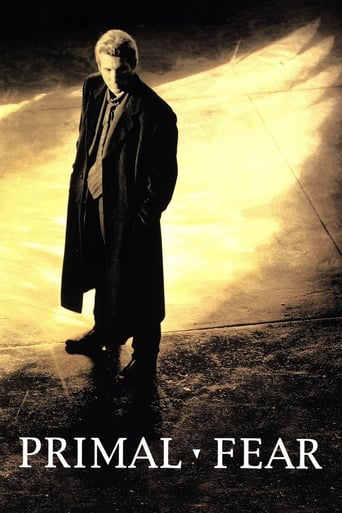
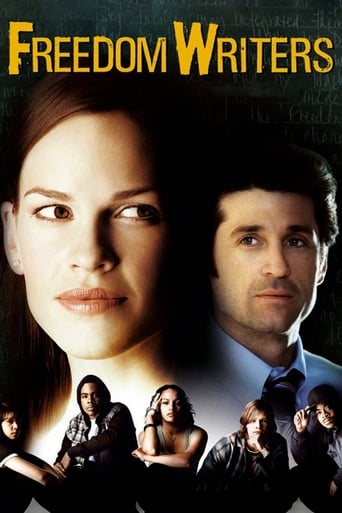
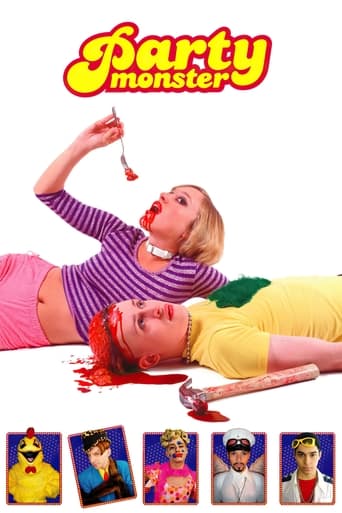
Reviews
Just what I expected
It's entirely possible that sending the audience out feeling lousy was intentional
There are moments in this movie where the great movie it could've been peek out... They're fleeting, here, but they're worth savoring, and they happen often enough to make it worth your while.
An old-fashioned movie made with new-fashioned finesse.
Let us get the obvious criticisms out of the way first: DRAGON SEED could be held up as a classic example of mimicry and/or orientalism, with the supposedly Chinese characters played by a variety of actors from different backgrounds. Led by Walter Huston as the familial patriarch, the cast also includes the Russian-born and Stanislavski- trained Akim Tamiroff; Turhan Bey, the Viennese born son of a Turkish father and Czechoslovakian mother; New England patrician Katharine Hepburn; the English-born Henry Travers, and the Irish American J. Carrol Naish as a Japanese kitchen overseer.On the other hand the film must be approached in context as a propagandist flag-waver designed to highlight the Japanese menace while emphasizing the importance of the global fight for freedom. In these terms Jack Conway and Harold S. Bucquet's epic works extremely well: the Japanese are portrayed as sadistic brutes who will stoop at nothing to achieve their aims - shooting dogs, raping and killing innocent women while relishing the thought of getting Hepburn's Jade Tan into bed. With the aid of Chinese traitor Wu Lien (Tamiroff), they set themselves up in a grand mansion and enjoy elaborate meals prepared by slave cooks, while capturing locals as slave labor.Pitted against them are the local Chinese, part of a farming community dedicated to centuries-old rituals. Nothing, it seems, can disturb the peace of their lives. When the Japanese invasion occurs, they are pitifully under-prepared to cope: Ling Tan's (Huston's) eldest son Lao Er Tan (Bey) and wife Jade (Hepburn) leave to help build a city in the hills dedicated to making weapons; while another son Lao San Tan (Hurd Hatfield) goes off to join the Chinese army. Ling Tan and his wife (Aline MacMahon) are left behind to forage for themselves, often living on scraps.While the film emphasizes the importance of rituals as the foundation of a stable society, it also looks forward to the future. Jade wants to teach her newly-born son to read, for it is only through reading that enlightenment can occur. Lao objects at first - he favors more traditional pastimes such as love-making - but as the action unfolds he understands his wife's concern. DRAGON SEED also preaches a doctrine of sexual equality: Jade spends most of the action working alongside her husband in manual labor dressed in overalls rather than the traditional attire of a rural peasant.In the end even Ling Tan comes to realize the importance of fighting for his country's future, despite his love of peace. The film ends with a climactic sequence reminiscent of MGM's GONE WITH THE WIND, as the Chinese community decamps from its long-established village to make a new home in the hills.Based on a best-selling novel by Pearl S. Buck, Marguerite Roberts's screenplay contains a few clunky lines, where the propagandist elements assume more significance than plot coherence; but the film offers the role of a lifetime to Turhan Bey, hitherto associated mostly with B-pictures and horror films for Universal. He takes the opportunity with both hands, proving as competent as Hepburn in delivering lines with élan, as well as convincing us of the character's sincerity of purpose.DRAGON SEED is certainly long - perhaps too long at 144 minutes, but it certainly fulfills its purpose, especially for those forced to fight the Japanese at first-hand during the mid-Forties.
As others have written, I too did not appreciate the Caucasian influence in this movie. However, since I am a person who did not know that Japan ( a small country) invaded China ( a very large country)) it was a learning experience which I do appreciate. I am African-American and would have liked the movie better had there been Japanese playing Japanese and Chinese playing Chinese! While trying to enjoy the movie, this thought kept pervading my mind, making it difficult to feel sorrow for the people who were being murdered. This movie is pure trickery in that respect. Not that I like to see people killed. I am glad they do not make movies of this sort anymore.
I found this movie to be racist and deplorable with it's use of non-Asian actors in lead roles, i.e. Katharine Hepburn as Jade. The movie did little to evoke a consciousness, as it should because of the poignant historical references. The acting is devoid of emotion in some scenes, and doubly overacted in others.Despite all the surface problems, I did enjoy the performance of Akim Tamiroff as Wu Lein. Also the smatterings of Asian actors was a relief, and all but saved the movie. And although the historical references are fully explored I did enjoy the romance and blossoming love between Jade and Wu Lein.
OK, just to start, let me say this: Katharine Hepburn as a submissive Chinese wife!That alone justifies a rating of 1. This movie was made under the aegis of patriotism, showing our allies, the Chinese, as humble, brave and long-suffering and our enemies, the Japanese, as brutal and cruel. Of course, all the Japanese were played by Chinese and all the Chinese were played by white people. The somehow stereotypically Jewish Chinese merchant who put greed before his family and country manages to be racist to Chinese people AND anti-Semitic all at the same time!I watched this movie for a class on 1940's American film in college. It's a truly good thing that this is not the height of what the decade had to offer. I don't recommend this movie for anything other than a historic/sociological look at the mindset of the decade. For that it's useful, for everything else, it's garbage.
